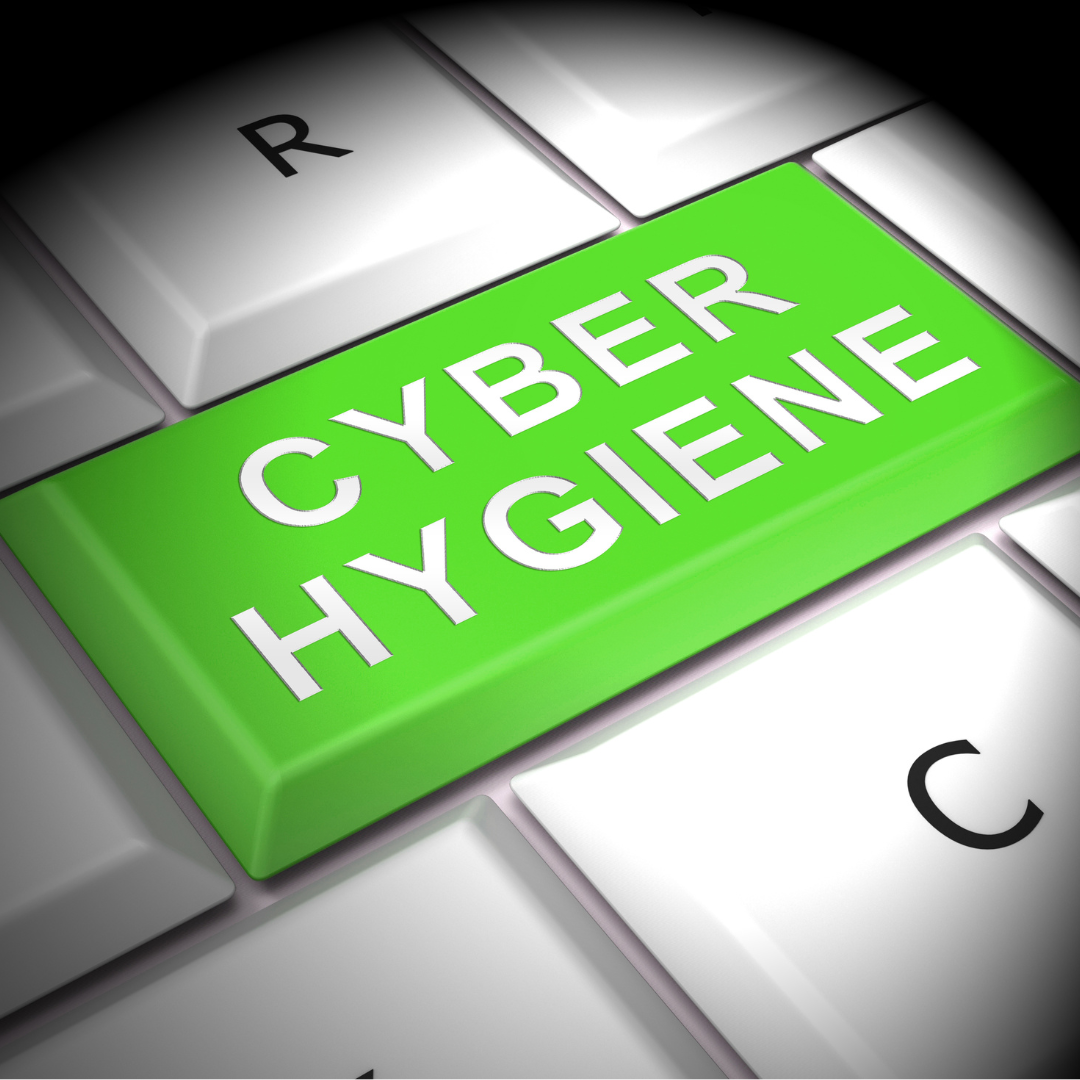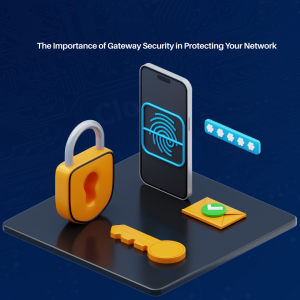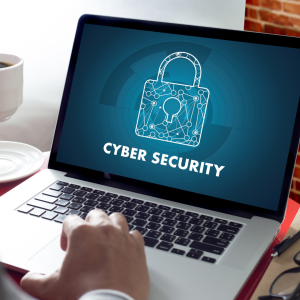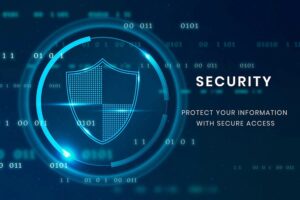Robust cybersecurity practices are more critical than ever in today’s interconnected digital landscape. However, one of the most overlooked aspects of cybersecurity is cyber hygiene. Just as personal hygiene helps prevent illness, cyber hygiene ensures your digital environment remains healthy and secure.
In this blog, we’ll explain cyber hygiene, why it’s vital, and the best practices employees can adopt to strengthen their organization’s security.
RELATED: Cost-Effective Cybersecurity Measures For Small Business
What is Cyber Hygiene?
Cyber hygiene refers to routine practices and measures individuals and organizations take to maintain the security, health, and reliability of their devices, networks, and data. It’s akin to brushing your teeth or washing your hands—simple, proactive steps that prevent significant problems down the road.
When implemented effectively, cyber hygiene reduces the risks of data breaches, malware attacks, and unauthorized access while ensuring that systems remain efficient and operational.
Why is Cyber Hygiene Important?
- Prevention of Cyberattacks
Routine practices, such as updating software and using strong passwords, can thwart common cyber threats, such as ransomware, phishing, and malware. - Data Protection
Good cyber hygiene helps safeguard sensitive information, minimizing the risk of costly data breaches. - Compliance and Trust
Organizations often must adhere to regulatory requirements for cybersecurity. Proper hygiene demonstrates responsibility and builds customer and stakeholder trust. - Operational Continuity
A well-maintained digital environment reduces downtime, allowing employees to work without disruptions caused by system failures or attacks.
Best Cyber Hygiene Practices for Employees
1. Use Strong and Unique Passwords
Encourage employees to use strong passwords that mix letters, numbers, and symbols. Passwords should be unique for each account and updated regularly. Consider using a password manager to simplify this process.
2. Enable Multi-Factor Authentication (MFA)
MFA adds a layer of security by requiring two or more verification forms, such as a password and a one-time code sent to a mobile device.
3. Regularly Update Software and Systems
Ensure employees understand the importance of promptly applying software updates and patches. These updates fix vulnerabilities that hackers could exploit.
4. Recognize and Report Phishing Attempts
Train employees to spot phishing emails and avoid clicking suspicious links or attachments. Establish a clear protocol for reporting such attempts.
5. Avoid Using Public Wi-Fi
Public Wi-Fi networks are often insecure. Employees should use VPNs (Virtual Private Networks) when accessing company data outside the office.
6. Secure Personal Devices
With the rise of remote work, many employees use personal devices. Encourage them to install antivirus software, enable firewalls, and update their devices.
7. Practice Clean Desk and Screen Habits
Confidential documents and devices should not be left unattended. Lock screens when stepping away and store sensitive files securely.
8. Back Up Data Regularly
Implement automatic backups for critical files. This ensures data recovery in case of hardware failure, ransomware, or accidental deletion.
9. Limit Permissions and Access
Adopt a principle of least privilege, where employees only have access to the data and systems they need to perform their roles.
10. Educate Continuously
Cyber threats evolve constantly. Regular training sessions on emerging threats and updated best practices are essential for keeping employees informed and vigilant.
Creating a Culture of Cyber Hygiene
For cyber hygiene practices to be effective, organizations must foster a culture where security is a shared responsibility. Here’s how:
- Lead by Example: Leadership should prioritize and model good cyber hygiene.
- Reward Compliance: Recognize employees who contribute to the organization’s cybersecurity efforts.
- Simplify Processes: Make it easy for employees to follow security protocols by providing user-friendly tools and resources.
How Kaluari Can Help
At Kaluari, we specialize in creating tailored cybersecurity awareness programs to help businesses build a security-conscious workforce. We’ve covered you, from training employees to implementing advanced security measures.
Protect your organization by embedding strong cyber hygiene practices into your daily operations. Contact Kaluari today to learn more about our comprehensive solutions.
READ ALSO: 5 Essential Cybersecurity Tools for Every Business
Conclusion
Cyber hygiene is more than a checklist; it’s a mindset. By empowering your employees with the knowledge and tools they need, you can significantly reduce the risk of cyber threats and build a resilient, secure digital environment.
Start your cyber hygiene journey today. The health of your business depends on it.




